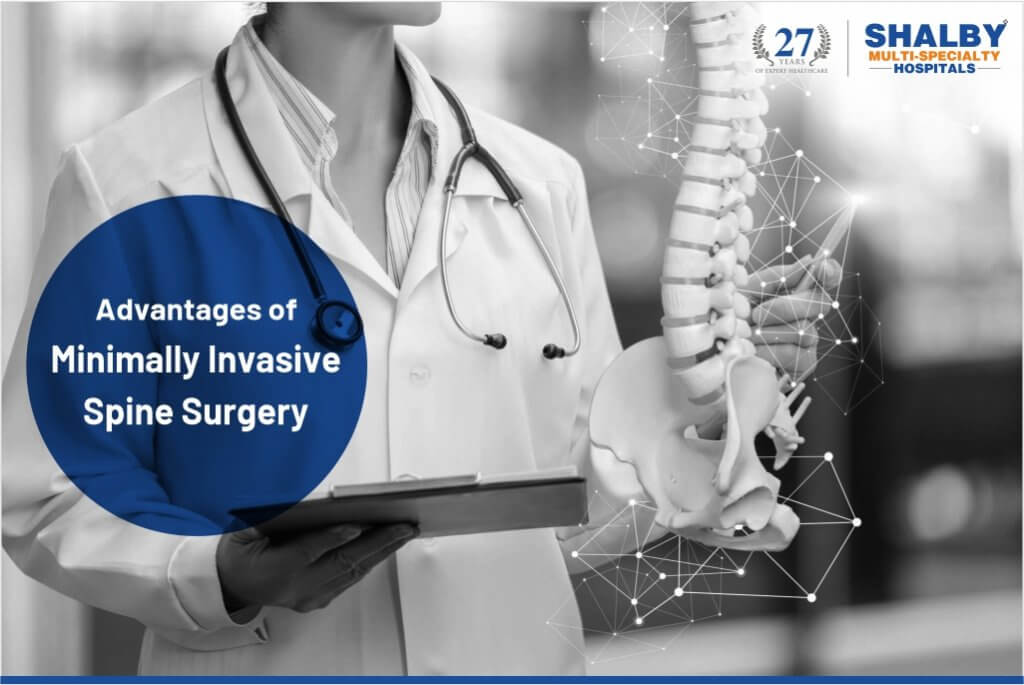
Spinal problems can be very debilitating and extremely painful for most people. Several treatment procedures are available for spinal problems starting from physiotherapy to medicines, yet sometimes surgery may be the only option to treat the problem. The pain can originate from a variety of conditions. These may include damage to bones or specific pressure generated somewhere in the spine that irritates the nerve. Conditions like herniated or degenerated discs, misshapen vertebrae, or spinal stenosis anything may cause this condition. Seeing a Spine Specialist in India is advisable if you are experiencing such a problem.
If treatment options have been considered and none of them worked in providing proper relief to you, then surgery may be the only option left. Traditionally, open surgery has been practiced for a long time, and now Minimally Invasive Spine Surgery has become a hugely popular option. Traditional open surgery carries the risk of various complications, on the other hand minimally invasive surgery, greatly reduces the risk of infection. To limit the number of incisions, small incisions are made and then tissues are pulled out with a dissector. A far more precise and less invasive surgery is achievable with the help of computer-guided images and robotics.
Among the Best Spine Surgery Hospitals in India, Shalby Hospital is one of the top runners, with a long track record of success stories
Minimally invasive spine surgery is undoubtedly the Best Treatment for Spine Problems if you are experiencing serious back problems and other treatment options are of not much relief. Physical therapy along with medications, are supposed to be applied first. And then progress needs to be monitored systematically. If the condition does not improve, surgical treatments should be considered.
As mentioned earlier, the myriad benefits of minimally invasive spine surgery make it a better option when surgery is the only viable treatment method.
If you are scheduled to undergo minimally invasive spine surgery, then Shalby Hospital is bound to be an excellent choice. It is one of the best hospitals in India for spine surgery and is reputed for its world-class infrastructure.
Spine conditions can be crippling. Some spinal conditions can be treated by medications, exercise, and lifestyle changes. The severe conditions, however, require surgical methods. The traditional open surgery accounts for more complications, increased hospital stay, post-surgical pain and pronounced discomfort. This is...
Sciatica is a pain that radiates along the radiate nerve and is experienced in the back, around the hips, and outer or the backside of the leg. This is usually caused due to compression in the sciatic nerve which runs down either...
TYPES OF SPINE SURGERIES Vertebroplasty and Kyphoplasty: These are used to treat compression fractures of the vertebrae caused by osteoporosis. Spinal Laminectomy/Spinal Decompression: This is done when spinal stenosis brings about a narrowing of the spinal canal which results in pain, numbness,...